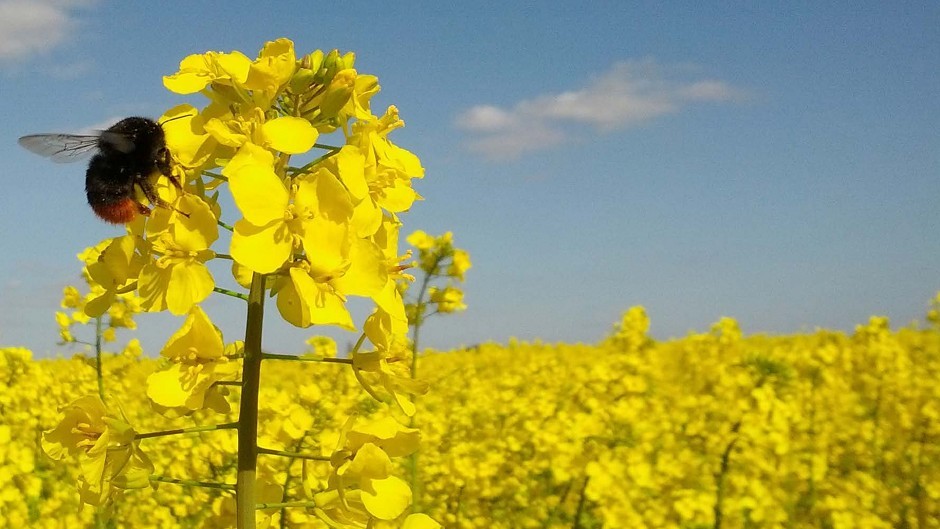Time is running out for farmers and crofters in possession of illegal pesticides to make use of a free disposal scheme.
The government-run scheme was set up earlier this year to help get rid of illegal pesticides which could be used to poison wildlife.
It forms part of the Partnership for Action Against Wildlife Crime (PAW) Scotland.
So far, 86 producers have used the scheme to dispose of pesticides, with the most common requests made for sodium cyanide and Strychnine.
The scheme, which is free and confidential for farmers to use, closes on Friday, May 29.
The pesticides accepted are: Aldicarb, Carbofuran, Carbosulfan, Isofenphos, Mevinphos, sodium cyanide (usually known as Cymag), Strychnine and most types of Bendiocarb.
Banned or expired formulations of Chloralose, especially those containing more than 5% Chloralose, and banned or expired formulations of aluminium phosphide will also be accepted.
Environment Minister Aileen McLeod said: “I would encourage people to carefully and safely check sheds and outbuildings for old stocks of illegal substances. If you are, or think you may be, in possession of illegal pesticides, I strongly encourage you to phone the disposal scheme line before it closes on May 29.”
NFU Scotland vice-president Rob Livesey said: “It is imperative that any farmer and crofter with one of these products acts now to get it disposed of free of charge and anonymously via the scheme. “We understand that it is a very busy time of the year, but it would be great to see a surge of inquiries during the last month so that as much is taken out of circulation as possible. Don’t delay, call today.”
To find out more about disposing of illegal pesticides contact the disposal scheme line, which is open 8.30am to 4.30pm Monday to Friday, on 0131 472 4187.
Before calling, farmers and crofters are urged to make a note of the banned pesticides they have, and to check whether these are included in the scheme by accessing the PAW Scotland website at www.PAW.Scotland.gov.uk.
A Scottish Government spokeswoman said: “The pesticides included in this scheme are highly toxic and many are lethal to humans and animals, even in small quantities.
“Extreme caution should be exercised if searching premises for banned pesticides; suitable gloves must be worn, and make sure that adequate lighting exists to enable you to assess the condition of the container before touching it.”
